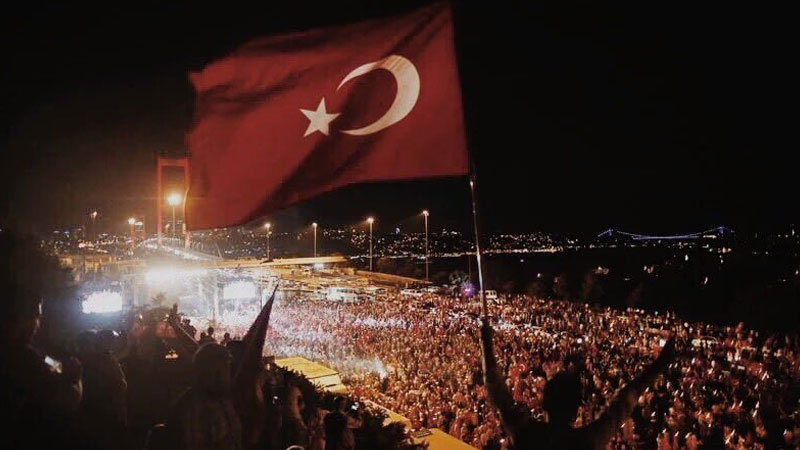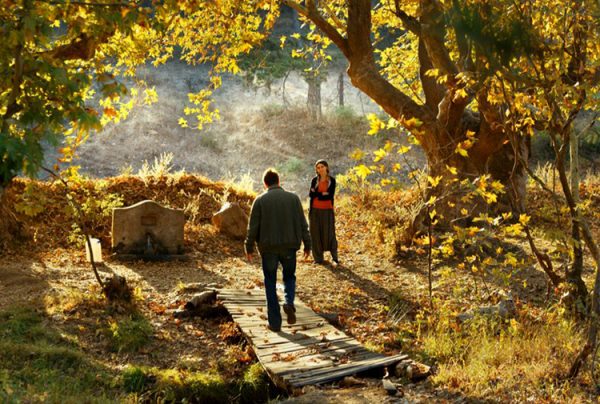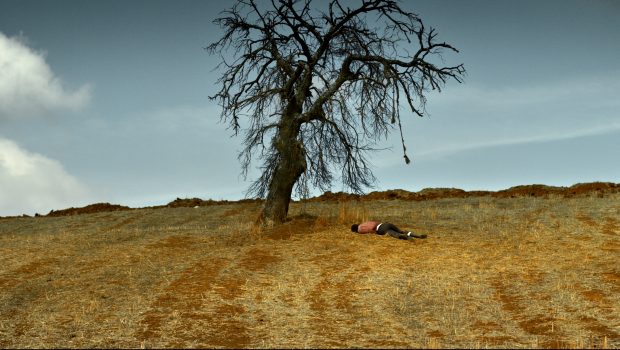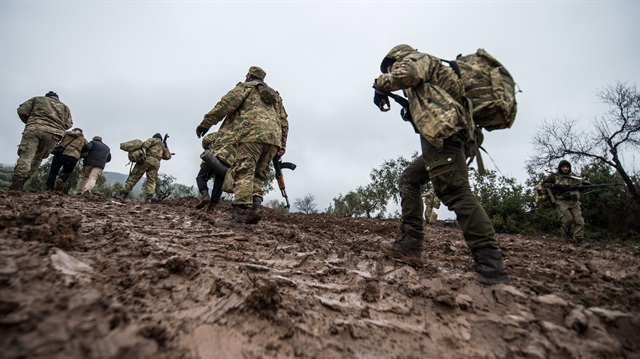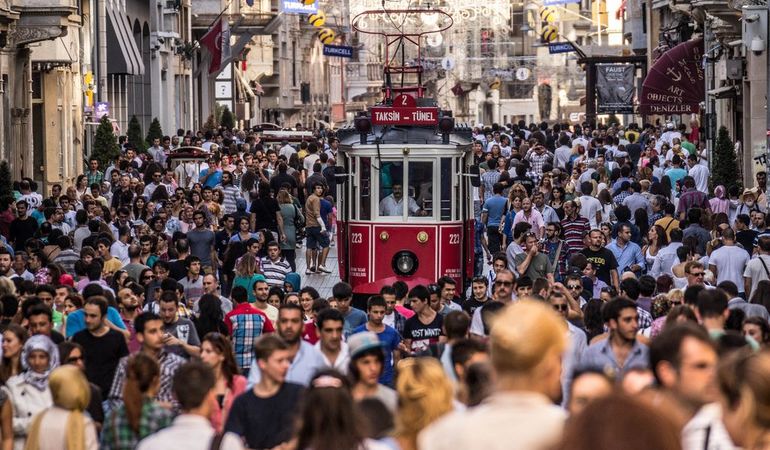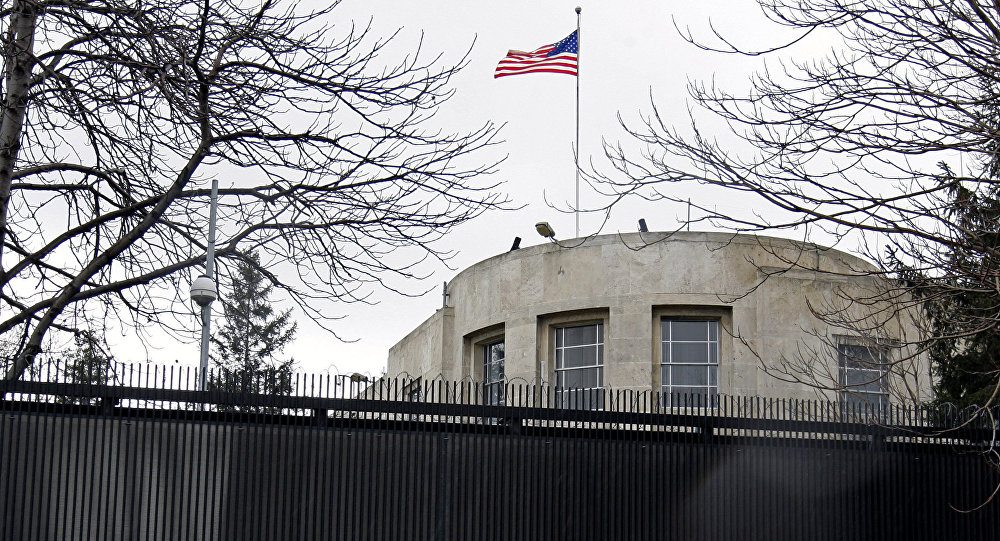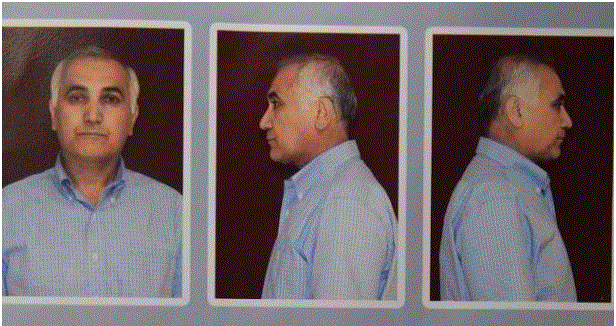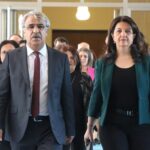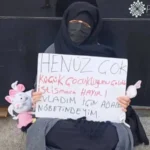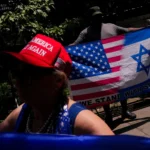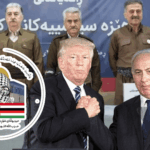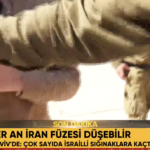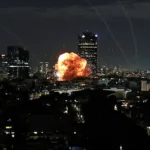Adam McConnel
As someone who lived through the night of 15-16 July, there are two aspects of the situation that I find disturbing. The first is the event itself, which was truly terrifying. The second has been the attitude of journalists and other intellectual commentators both inside Turkey and abroad. As the coup attempt emerged and then failed, reporters and pundits struggled to say something coherent for their viewers and readers. The situation inside Turkey was better because the large majority of commentators had (and have) a better grip on the political realities of the situation, but abroad the outlook was grim. This and the following articles will address those journalists’ and commentators’ massive failure to perform their job properly.
A number of extremely worrying narratives emerged even while the violence was continuing early on Saturday, 16th July. In a general way, they were meant to insult or to negatively impact on the public perception of two main actors. The main target was Turkey’s President Tayyip Erdoğan; the secondary, but inherently connected actor was the Turkish citizens themselves. For several years an international campaign has been waged to portray the Turkish leader in as bad a light as possible for Western media consumers. But because Erdoğan has achieved repeated and spectacular electoral successes over the past fifteen years, the insults aimed at Erdoğan have between the lines also been aimed at the Turkish people. If he is the supposed dictator, then they are the brainwashed, hideous rabble that voted him there (1).
So all the nastiness that began to come out into the open even as (or because) the junta’s failure unfolded should be understood in that light. Without exception these two objectives went hand in hand: to cast (not the coup but) Erdoğan as the true evil, and the Turkish citizens who resisted and overcame the coup as standing (not for democracy but) a stereotypical Muslim fanaticism. A related sub-theme was the claim that the Turkish people did not have that much to do with defeating the coup. They began to take to the streets to to resist, it has been alleged, not on their own but only after President Erdoğan called them out. This is patently false, and is intended to minimize or deprecate the people’s level of consciousness, and thereby also the popular nature of the resistance to the junta. It suits some people to create the impression that the Turkish masses are some sort of crazed mob under Erdoğan’s thumb, without any will, mind or purpose of their own.
In reality, the moment the tanks and troops appeared on the streets, Turkish citizens also came out and began to resist them. This was evident on television as it happened. At Atatürk Airport, footage taken by citizens on the spot (2) clearly shows how, as the tanks moved in and soldiers filed out of APCs, citizens began to harangue and then to push and shove the soldiers, who then responded by firing their weapons in the air. When Erdoğan appeared on CNN Türk via a cell phone feed, resistance had been underway for at least two hours at least. The president simply provided more focus, resolve, and morale for the resistance.
Another, more extreme variation on the same theme, later put into words by one of Turkey’s prominent leftist intellectuals (3), was that the coup had already failed by the time that Erdoğan appeared, and that the Turkish people went out on the streets only when they saw that the coup had failed. It seems that this old-school member of Turkey’s elite intelligentsia has felt uneasy about the active commitment and participation demonstrated by the masses in defending the legitimacy of the elected government against a military intervention. He has condemned the coup itself, which is good, but at the same time he has been unable to refrain from insinuating that this is not really a mass to his taste. Turkish citizens, he would have us believe, moved and acted only when they saw which way the wind was blowing. It is a good illustration of the moral (amoral?!) confusion into which a lot of old left intellectuals have fallen.
But worst of all have been the conspiracy theories that appeared with lightning speed while the struggle was still going on in the streets. The central idea is that the coup was “staged” in order for President Erdoğan to assert greater personal control over state and society. The equivalent, of course, are claims that the George W. Bush administration somehow “staged” or “enabled” the Al Qaeda’s 9/11 (2001) attacks. Both claims are not only preposterous, but also display a similar lack of ethics and respect for human life.
Still, in the aftermath of the 2001 attacks, no Western press sources that I know of attached any credence to such absurdities. In contrast, they have somehow been able to bring themselves to believe that the coup attempt in Turkey may actually have been a “fake” or “hoax” launched by Erdoğan, to vest this notion with a degree of legitimacy, and to pass it on to their customers (4).
Even that was not sufficient. Some Western media sources then took the conspiracy theory a step further by beginning to draw analogies between the abortive coup and the Reichstag fire of 27 February 1933 (5). The implication was that the coup and its defeat were going to benefit Erdoğan in the same way that Marinus van der Lubbe’s arson had benefited the Nazis. Between the lines, it wasn’t only the two acts or events that were being compared; very clearly President Erdoğan and the entire AKP leadership have been likened to Hitler and his Nazis.Yes, that’s the level of hysteria this entire situation has reached. I should add that resorting to such facile Hitler/Nazi comparisons is normally regarded as something to refrain from in Western journalism and scholarship. It is taken as a sign of intellectual laziness and sloppy extremism. Though not, it seems, when it comes to the AKP.
More broadly speaking, in the Western press there is a nearly uniform lack of ability to think clearly and analytically about Turkey. A major part of it is simply a lack of knowledge, current information, and language skills. Journalists and academics who have no business writing on Turkish issues, because they have little or no real information about the country, find it personally permissible to do so. The media sources that they provide content for also see no problem in acting as enablers which then also benefit from the clicks. But there is also a much darker side to the situation. Visceral feelings of fear, prejudice, bigotry or hatred also come into play to prevent the Western press from writing or reporting objectively on Turkey — and not only on Turkey but on the Muslim world in general.
Of course, the hypocritical stance adopted by various Western governments also facilitates and interacts with this behavior. Only hours after the Turkish government rightfully declared a state of emergency (having deliberated the step for several days, going to the necessary state institutions, namely the National Security Council (MGK) and the Council of Ministers, and then having had it finally approved by parliament), the German Foreign Ministry took the astonishing step of criticizing the Turkish government for the action. In fact, Frank-Walter Steinmeier’s comments reflected how ignorant he is about Turkish affairs (6). The reason why this statement is so shocking is that Germany’s neighbor, France, has been under a state of emergency since the extremist attacks in November 2015, and has just extended (as of last week) that state of emergency for another six months. But has anyone seen the German Foreign Ministry urging France to respect the rule of law and end their state of emergency as soon as possible?
Then two days later, in a case of most horrific and grotesque irony, an assailant in Germany’s Munich killed a number of civilians on the street, causing the German state to declare a state of emergency in the city. Whereas police presence on the streets in Istanbul has not increased in any way (because the state of emergency in Turkey is largely intended to expedite bureaucratic and judicial procedures), Munich now seems to be overflowing with police officers.
NOTES
(1) https://www.theguardian.com/commentisfree/2016/jul/17/turkey-defeated-coup-military-turkish-army.
(2) https://www.youtube.com/watch?v=6oLyK_5Ax10&feature=youtu.be.
(3) http://t24.com.tr/yazarlar/murat-belge/olgular-ve-mugalata,15061.
(4) http://www.independent.co.uk/news/world/turkey-coup-conspiracy-theory-erdogan-military-gift-from-god-soldiers-istanbul-a7140516.html; http://www.al-monitor.com/pulse/originals/2016/07/turkey-military-coup-attempt-more-questions-than-answers.html; https://next.ft.com/content/044f7ed8-4dbb-11e6-88c5-db83e98a590a#axzz4FOcC34gX; http://www.nytimes.com/2016/07/18/opinion/turkeys-coup-that-wasnt.html?_r=0. My next article will be devoted to analyzing Roger Cohen’s NYT column on the coup.
(5) http://www.usatoday.com/story/opinion/2016/07/20/turkey-coup-islam-erdogan-sharia-sultan-caliphate-crackdown-democracy-column/87344676/; http://observer.com/2016/07/turkeys-weekend-of-the-long-knives/.
(6) http://www.reuters.com/article/us-turkey-security-germany-idUSKCN10102W.
Yazıyı beğendiysen, patronumuz olur musun?
Evet, çok ciddi bir teklif bu. Patronumuz yok. Sahibimiz kar amacı gütmeyen bir dernek. Bizi okuyorsan, memnunsan ve devam etmesini istiyorsan, artık boş olan patron koltuğuna geçmen lazım.
Serbestiyet; Türkiye'nin gri alanı. Siyah ve beyazlar içinde bu gri alanı korumalıyız. Herkese bir gün gri alanlar lazım olur.




